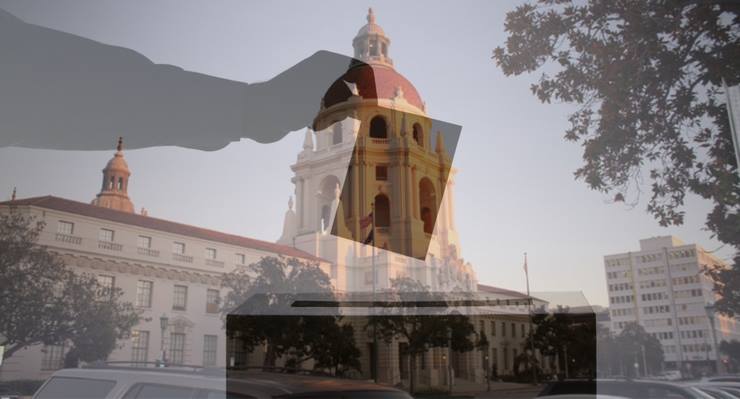
Researchers at Caltech and its Duarte neighbor, City of Hope, are reporting promising strides in their collaborative project, the Caltech-City of Hope Biomedical Research Initiative, in the search for a cure for type 1 diabetes.
The partnership, established in 2008 with a $6 million gift from an anonymous donor, brings together faculty members from each campus who pair together to work on joint projects and to compete for funding. It provides seed grants to accelerate basic scientific research and its translation into applications ranging from new pharmaceuticals to medical devices to treatment methods.
In a meeting at Caltech’s Beckman Institute Auditorium on May 13 celebrating the partnership, presenters reported on an encouraging development in the use of pancreatic islets—clusters of cells from an organ donor that contain insulin-producing beta cells—in the treatment of uncontrolled type 1 diabetes.
The procedure takes healthy, functioning pancreatic islets and transplants them into a patient’s liver. Doctors at City of Hope have already performed the surgery on a limited number of patients and have seen promising results.
At the event, researchers told the story and explained the science behind their project. Fouad Kandeel, chair and professor in the Department of Clinical Diabetes, Endocrinology, and Metabolism at City of Hope, and his colleague, Kevin Ferreri, associate research professor in the Division of Developmental and Translational Diabetes and Endocrine Research, have been working on islet cell transplantation as a treatment for their patients with type 1 diabetes.
Yet existing methods of selecting islets took too much time, involved too much labor, and used up too many islets.
That is where the Caltech partners came in. Yu-Chong Tai, the Anna L. Rosen Professor of Electrical Engineering and Mechanical Engineering, and Hyuck Choo, assistant professor of electrical engineering and medical engineering, invented a novel device that can screen individual islets. The microfluidic platform accurately determines the health of an islet sample by applying glucose and measuring the sample’s reaction. In less than a year, the team has designed a proof-of-concept platform.
Once the device is perfected, Choo believes the team will be able to easily scale it up and even use its technology to help overcome other clinical challenges.
“The benefits of the deepening relationship between our two institutions emerged clearly in the evening’s events,” says Caltech President Thomas F. Rosenbaum, holder of the Sonja and William Davidow Presidential Chair and professor of physics. “Our increasing set of research interactions is making great strides in translating fundamental science to advance human health.”
To date, the joint initiative has funded 28 endeavors led by teams of Caltech and City of Hope investigators—early-stage research projects that might not have moved forward if they had had to rely on traditional funding sources.
“The more we work together, the more we enable discovery,” says City of Hope president and CEO Robert Stone. “Saving lives today and tomorrow—that’s what this collaboration is about.”














 1 comment
1 comment


